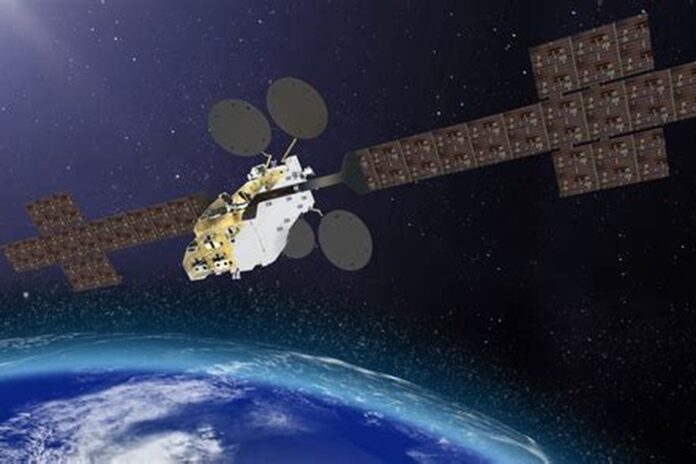Does satellite operator’s moral compass need reset?
Analyst John Strand of Strand Consult has questioned the wisdom of communications firms who ignore sanctions on Russia. In a recent posting Strand accused some companies of “a tacit disregard for the oppression of Ukrainians and callous desire to profit from the warmongering Russian regime despite the costs.” Strand references The Yale School of Management’s recent evaluation of 750 public companies and their completeness of withdrawal graded A-F. The analyst compares the behaviour of Chinese companies like Huawei, which is allegedly supporting the Russian military with hacker soldiers, with that of Western technology companies. Some are not presented in a good light.
Censor
Satellite provider Eutelsat finds itself in ‘the same boat’ as Huawei, said Strand. “It delivers Putin’s required censorship so the Russian people can’t get different perspectives on Ukraine,” said a recent Strand Consult analysis. The situation, said Strand, reveals the gulf between what is legal and what is right and how companies use the moral compass to navigate. Before taking the helm at Eutelsat, CEO Eva Berneke led the Danish operator TDC and IT solutions provider KMD, on top of a 20-year career with McKinsey. Strand alleged that Berneke now, “tarnishes the democratic Danish brand”.
Tough choice
As CEO of Eutelsat, Berneke had two choices: leave Russia or stay and support Putin. “Berneke not only rejects the direction of the moral compass, she supports Putin’s war by censoring information as he demands,” said Strand, “companies that stay in Russia communicate a tacit disregard for the oppression of Ukrainians and callous desire to profit from the warmongering Russian regime despite the costs,” said Strand. The analyst also took issue with US infrastructure equipment maker Mavenir which, allegedly, also took the decision to stay in Russia after it issued a “seemingly incongruous statement”.
Denis Diderot
“The law is on the side of these companies, but the moral compass points in a different direction,” said Strand, who said the recently formed Denis Diderot Committee in France offers a way out for Eutelsat. It aims to restore the free flow of information, without war propaganda, between Europe and Russia to support to Ukrainian, Russian and Belarusians civil societies. The Committee has tried to persuade Eutelsat to provide services for its 12 million Russian household subscribers. It has proposed that Eutelsat honour the IGO Convention for universality and non-discrimination. It must also respect the Council of Europe Convention on Transfrontier Television principles. It should continue to provide broadband services to Russia to avoid isolation of the population, but provide alternative media channels, such as Euronews, in Russian and Ukrainian Russian languages channels.
Eutelsat compromise
This could be done by implementing at least one transponder on Eutelsat 36E B satellite to allow for the transmission of easy reception in Russia. This could also pave the way for international channels like BBC World and France 24 to broadcast free to air. “Remember that Eutelsat could be charged for complicity in war crime and genocide,” said Strand, “many want to help Eutelsat follow the direction of the moral compass and if need be, get the help of EU to make it easier for CEO Eva Berneke and Eutelsat.”
The Denis Diderot Committee offers a petition and LinkedIn group for people to support the effort.



